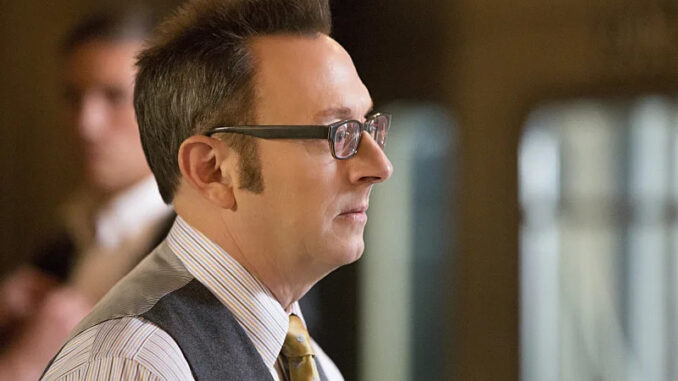
From Island Isolation to Digital Immortality: Michael Emerson, Ben Linus, and the Enduring Allure of Lost
Michael Emerson, the man who brought the enigmatic and manipulative Benjamin Linus to life, is ready to dive back into the Oceanic 815 wreckage. According to a recent exclusive, Emerson is eager to revisit "Lost" now that a new generation is being captivated by its sprawling mythology, complex characters, and profound questions. This isn’t just nostalgia from an actor; it's a testament to the show's enduring appeal and its ability to resonate across different eras. Emerson's willingness to re-engage with the Lost universe highlights the series’ timeless themes of faith, redemption, and the search for meaning in a chaotic world, themes that continue to find fertile ground in the hearts and minds of new viewers.
The reason for Emerson's, and indeed the show's, enduring appeal lies in the layered tapestry of narrative "Lost" wove. Unlike many shows driven purely by plot, "Lost" invested heavily in character development. Ben Linus, portrayed with chilling nuance by Emerson, is a prime example. He wasn't simply a villain; he was a product of his environment, a man driven by a twisted sense of purpose, a desire to protect the Island that shaped him. He was simultaneously ruthless and vulnerable, a compelling paradox that made him one of the most unforgettable characters in television history. Emerson’s performance went beyond simple acting; he embodied Linus, giving him a soul that viewers loved to hate and, ultimately, understand. This commitment to complexity resonates with audiences seeking more than just superficial entertainment; they crave characters that challenge their perceptions and force them to confront uncomfortable truths about human nature.
The allure of "Lost" also stems from its exploration of universal themes that transcend generational divides. The concept of being lost, both literally and figuratively, speaks to the inherent human condition. The survivors of Oceanic 815 were all grappling with their own personal demons, seeking redemption, and searching for a sense of belonging. Their struggles with faith, trust, and the consequences of their actions mirrored the internal battles we all face. The Island, in its mysterious and often paradoxical nature, served as a crucible where these characters were tested and ultimately transformed. These themes of survival, purpose, and the enduring power of human connection are perpetually relevant, explaining why a new generation finds itself drawn to the same questions that captivated audiences fifteen years ago.
Furthermore, the digital age has amplified the longevity of "Lost." The show, with its intricate mythology and mind-bending plot twists, is perfectly suited for the age of binge-watching and online analysis. Forums, podcasts, and social media groups dedicated to dissecting every detail of the show are still thriving. This accessibility allows new viewers to engage with "Lost" on a deeper level, to uncover hidden meanings and participate in the ongoing dialogue surrounding the show's themes and interpretations. The ability to instantly share theories and connect with a community of fellow enthusiasts enhances the overall viewing experience, making "Lost" more than just a television show; it’s a shared cultural phenomenon that transcends time.
Michael Emerson's readiness to rewatch "Lost" is more than just a nostalgic revisit; it signifies the show's continued cultural relevance. It speaks to the enduring power of complex characters, universal themes, and the ability of art to transcend generational boundaries. In a world increasingly defined by fleeting trends and disposable entertainment, "Lost" remains a beacon of thought-provoking storytelling, a testament to the power of television to explore the human condition and ask the big questions about life, death, and everything in between. As a new generation embarks on their own journey to the Island, Emerson’s engagement with the series reminds us that some stories, like the Island itself, hold a timeless magic that continues to captivate and inspire, long after the credits roll. The "Lost" saga, it seems, is destined to be forever found.
